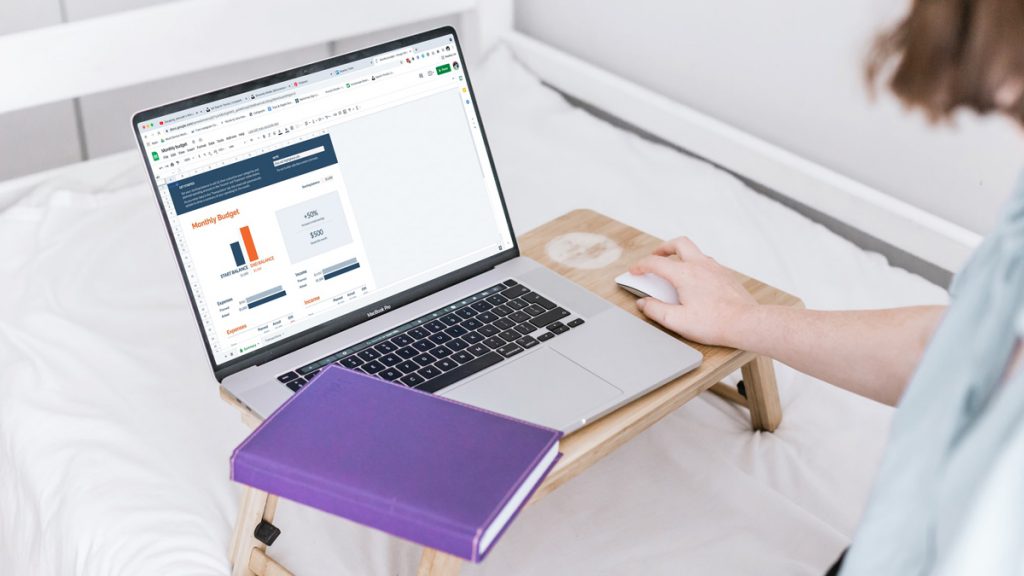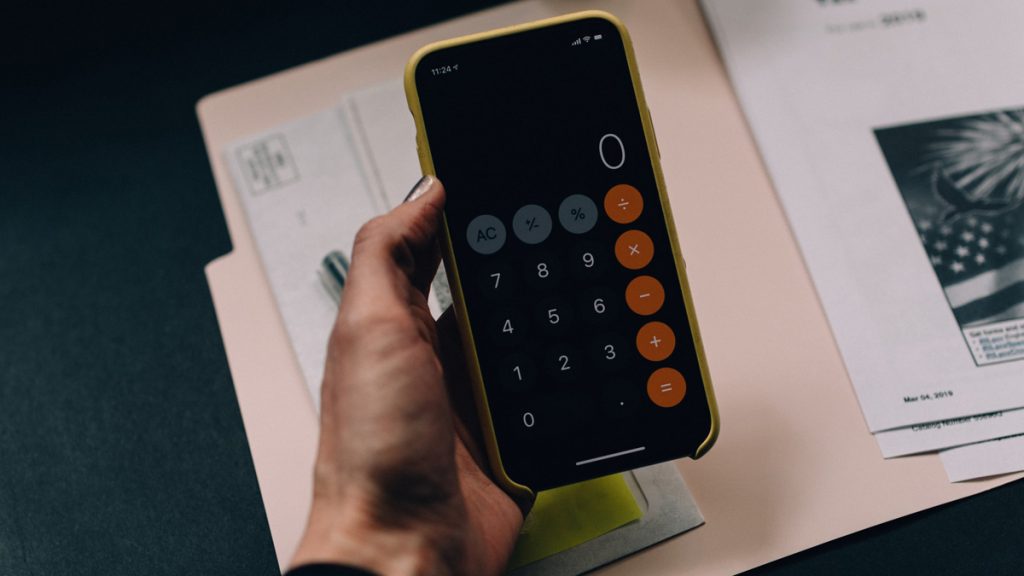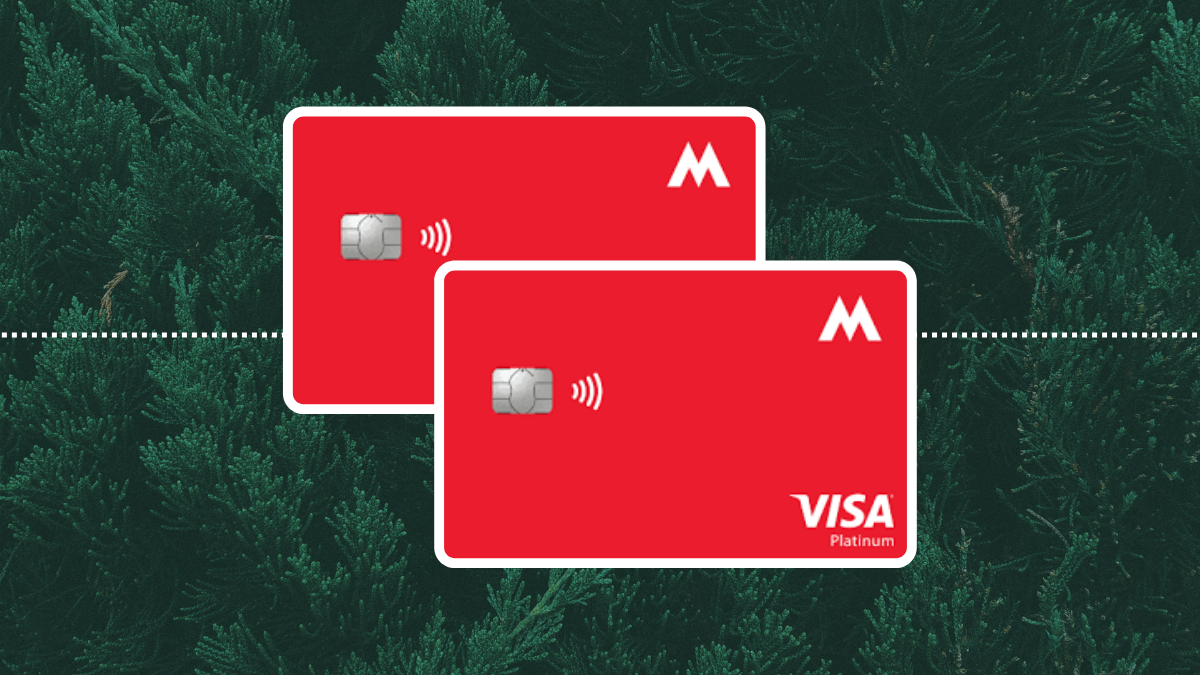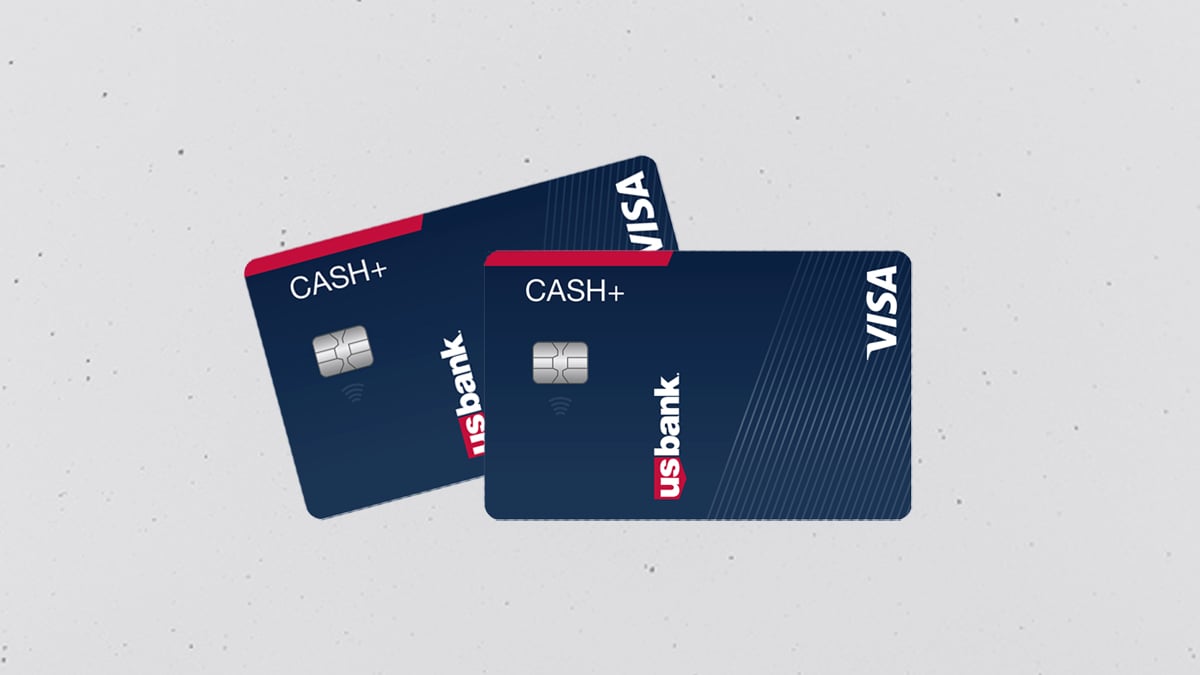Financial Education
Start budgeting: 5 simple steps on how to start!
Budgeting can be a daunting task, especially if you're not sure where to start. In this post, we'll give you some tips and tricks on creating a budget that works for you and how you can maintain it. Keep reading to see more!
Advertisement
Discover how to get started budgeting now with some simple steps

Even though making a monthly budget might sound like a hassle, learning how to start budgeting is an essential step to help you reach your financial goals. Planning your expenses around your income lets you understand where your money goes. It also makes sure you cover all your basic living costs and have some leftover cash to save at the end of each month.
First of all, the intent behind having a budget is to plan how you will be spending your hard-earned money. Most recurring expenses like rent and utilities happen monthly, which will make it easier to calculate your spending. The budget’s primary objective is to make you spend less than you receive.
That way, instead of hoping you’ll have enough money to cover your essentials, you can plan for your expenses before they happen. Learning how to start budgeting will help you prioritize spending money on important things. It will also help you reduce costs and build substantial savings.

Learn more about the different types of income
Do you know you can combine more than one type of income to improve your financial life? So, check out this article to learn about the 3 different types of income!
5 steps of the budgeting process: learn everything about it
If you want to know how to start budgeting, we offer you an easy step-by-step guide so you can start today! Keep reading to see what they are.
You will be redirected to another website
You’ll receive messages for less than 1 week, with a maximum of 1 message per day. You can unsubscribe anytime by replying STOP. By submitting this form, I confirm that I am 18+ years old and agree to the Privacy Policy and Terms and Conditions. I also provide my signature, giving express consent to receive informational messages via automated emails, SMS, MMS text messages, and other forms of communication. Message frequency may vary as part of our good-faith effort to respond to your inquiry. Message and data rates may apply. Text STOP to cancel. I understand that my consent to receive communications is not a condition of purchase and that I may revoke my consent at any time.
Determine your monthly income
The first step to start a monthly budget is to know exactly how much money you make every month. This will help you plan your expenses and ensure you don’t spend more than you earn.
Consider more consistent sources of income, like your paycheck. If you have variations on your salary, use an average calculation to try and make it as accurate as possible. You can also include other steady sources of compensation like rental income. However, unreliable money sources should not be taken into consideration.
Also, be sure to calculate your income after tax deduction each month. That is your take-home pay and is the amount you actually have to spend on utilities and pay your bills.
Calculate your expenses for a while

Tracking your spending habits for a couple of months is a great way to help you get a sense of how much you should plan to budget. Nowadays, you can use one of the many apps available to give you a hand in tracking and categorizing how you use your money.
You can also save your receipts and group your expenses in different buckets, such as housing, food, transportation, and necessities. In doing so, you might find that you spend a lot more than you’d expect in a specific category.
While doing your monthly budget, don’t forget to make room for yearly expenditures such as property taxes and doctor visits. If you’re able to, including a factor for emergency expenditures can help you in the long run.
Reorganize your financial priorities
Now that you spent time tracking your spending, detecting all the bad habits should be easier. The next step is to take a closer look at your spending history and adjust it to your financial priorities.
Excluding all recurring monthly expenses that you can’t avoid, like rent, food and utilities, how are you applying your income? When you don’t pay attention to where your money is going, it’s easy to spend more than you’d expect on things you don’t need.
That is why tracking your expenses is such a helpful tool. With it, you may find that you’re spending too much on takeout. And that, maybe, you should do a little less online shopping. Learning how to start budgeting can help you set a financial goal to try and adapt your spending habits.
That way, you can increase your savings and allocate your money to things that make sense to you.
Plan your budget

The fourth step on our list is to plan your future spending. Now that you have your financial priorities straight, it’s time to think about how they align with your budget. An excellent way to start is to pay yourself first. You can do so by abiding by the 50/30/20 rule.
That means you should designate 50 percent of your income to all your needs, 30 percent to all your wants, and save the last 20 percent. The purpose behind saving the 20 percent is allocating that money toward a future arrangement. How you’ll assign the other percentages is entirely up to you.
Overall, there aren’t too many rules when it comes to budgeting. The main goal is to spend less than you earn each month to avoid falling into a cycle of never-ending debt that will prevent you from reaching financial security.
However, don’t take budgeting as a way of limiting yourself to spending your money only on essential needs. You should still spend part of your income on things that make you happy while ensuring you will reach all your financial objectives.
Make a habit of tracking your spending
Budgets can change according to your daily life. Meaning anything can have an impact on it, such as changing jobs or acquiring another stable source of income. That said, once you have a structured spending budget, you should continue to track your expenses to certify you’re following your financial plans.
You may find that priorities change as time goes by due to different life circumstances. Every few months, check up upon your budget to see how much you’re actually sticking to it. If your spending habits have changed since you first planned your budget, you can revise it and adapt it to your new lifestyle.
A great financial plan always starts with a solid budget, and learning how to properly allocate your income can help you turn your financial goals into a reality. All you need to do is have some discipline and a clear objective.
Another sure-fire way to help you get some extra money is to invest in real estate. If you’re interested in doing so, check out the link below and see how you can start today!

TOP 10 benefits of investing in real estate
Get to know all the perks you can get by investing your money in real estate!
Trending Topics

Social Welfare Programs: all you need to know
Learn about the history of social welfare programs and how they continue to shape our modern society. Discover what's currently available.
Keep Reading
Upgrade Cash Rewards Visa® credit card full review
Want a card with good cashback and fixed monthly fees? Then, read on to learn about the Upgrade Cash Rewards Visa® credit card.
Keep Reading
Mogo debit card review
Mogo debit card will give you rewards for a $0 annual fee. If you care about sustainability, you'll love this card. Keep reading to see why.
Keep ReadingYou may also like

U.S. Bank Cash+™ Visa Signature® credit card full review
In our U.S. Bank Cash+™ Visa Signature® card review, you'll learn why this is the perfect product for those who want maximum flexibility!
Keep Reading
Entry-level job at Bubba’s 33: Apply Today!
Follow this guide to apply for a job at Bubba's 33: step-by-step of the application, requirements, and all you must know. Stay tuned!
Keep Reading
Credit Cards for Good Credit: Compare the 4 Top Options
If you have a good credit history, these are the best credit cards to choose from. Compare features and find the card that's right for you.
Keep Reading